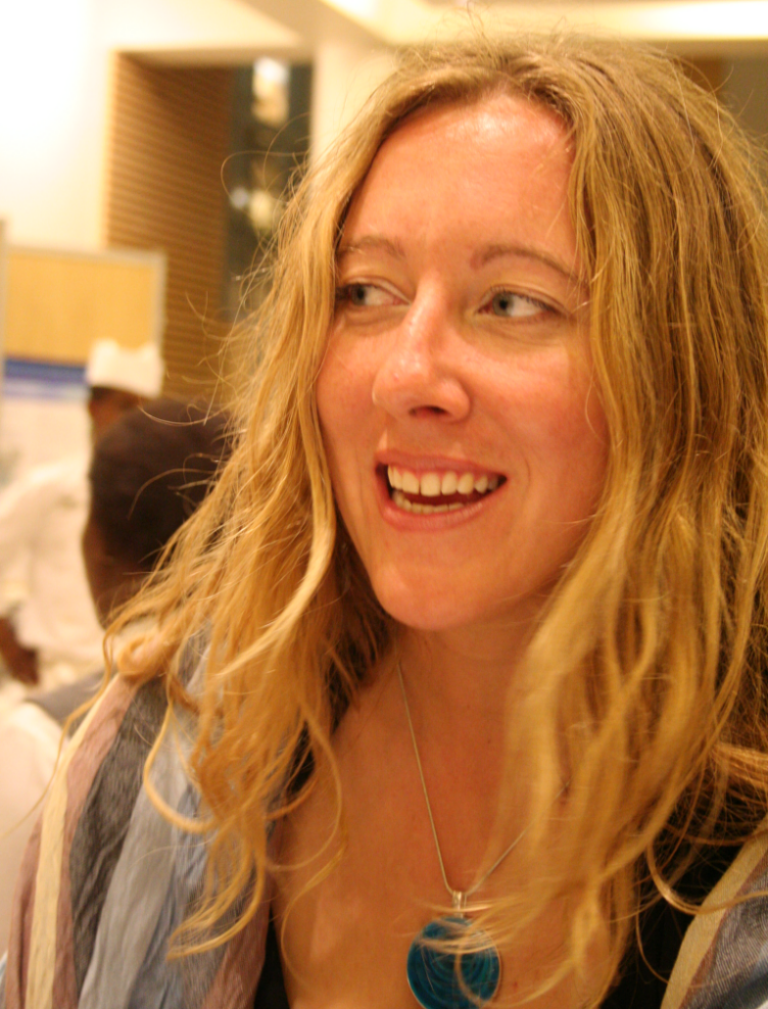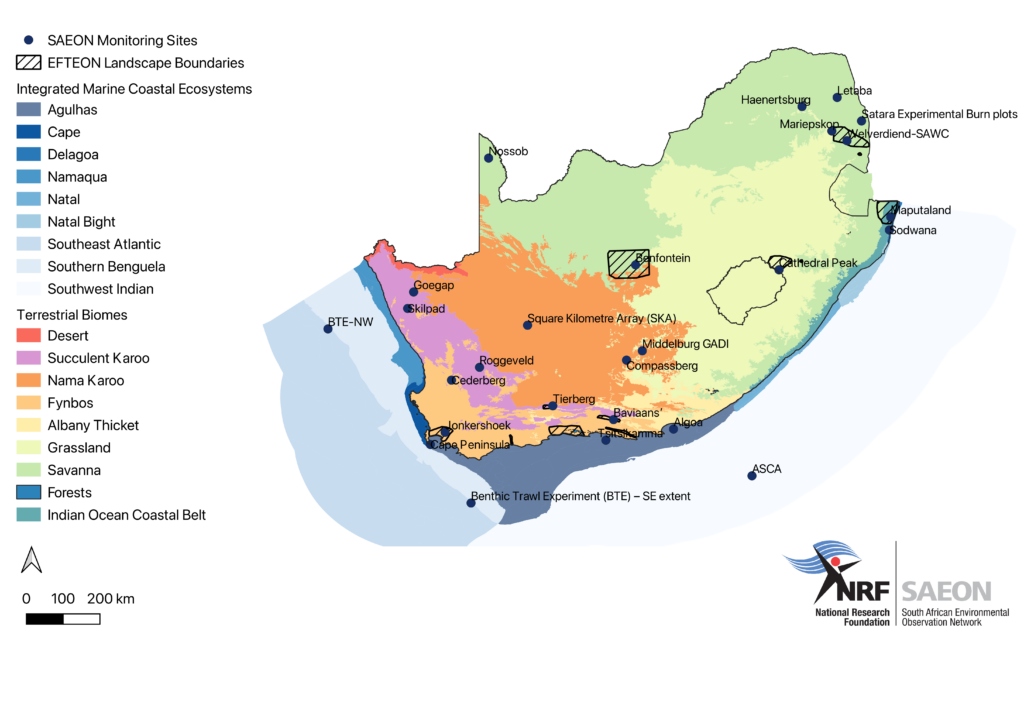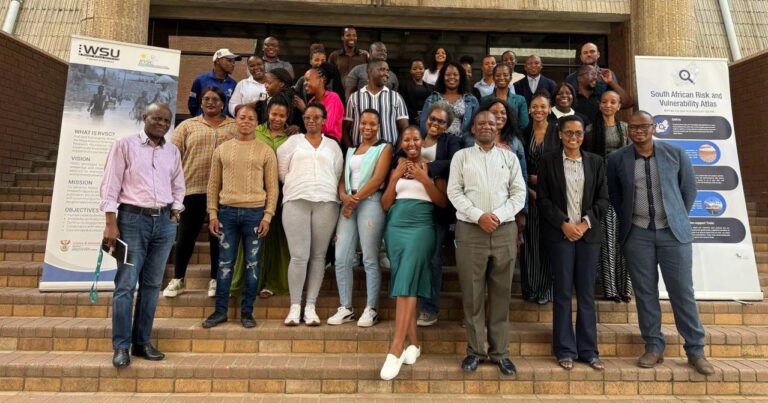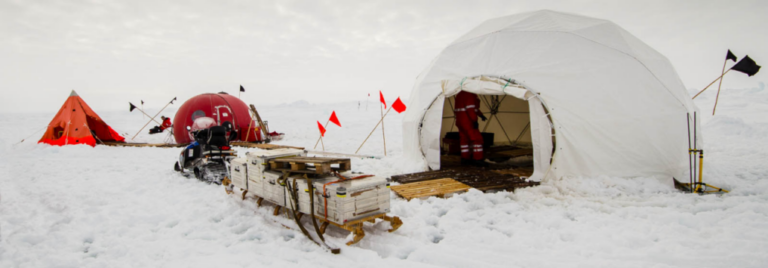
Professor Juliet Hermes Earns B1 NRF Rating
Professor Juliet Hermes, Manager at NRF-SAEON’s Egagasini Node and the South African Polar Research Infrastructure (SAPRI), was recently awarded the NRF B1 Rating, a well-deserved recognition that highlights her exceptional research contributions and commitment to the advancement of knowledge in marine sciences.






